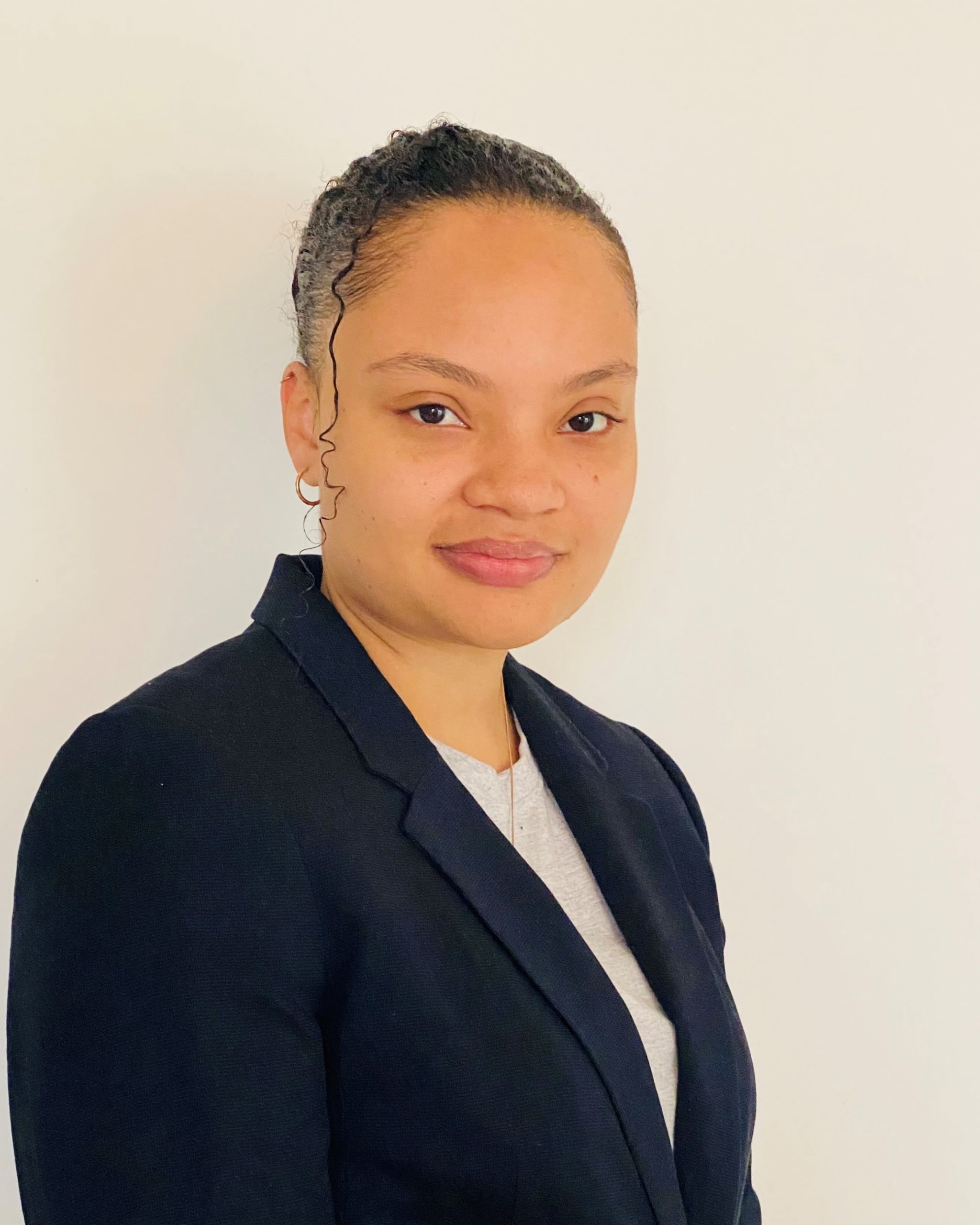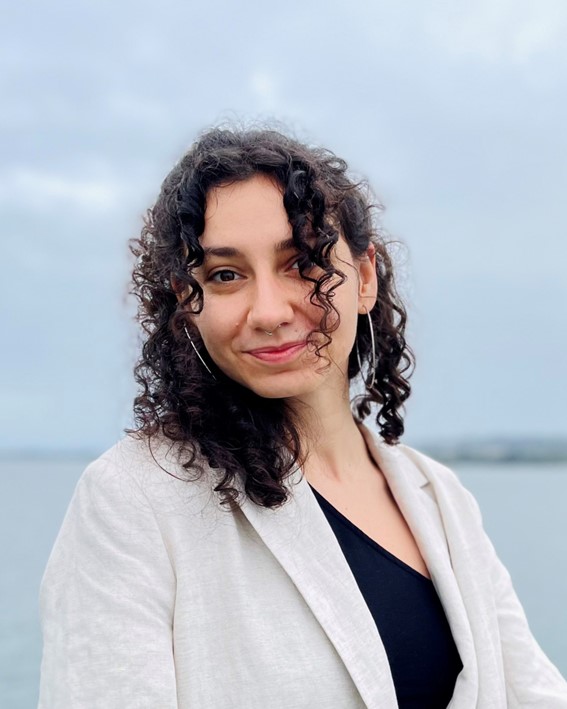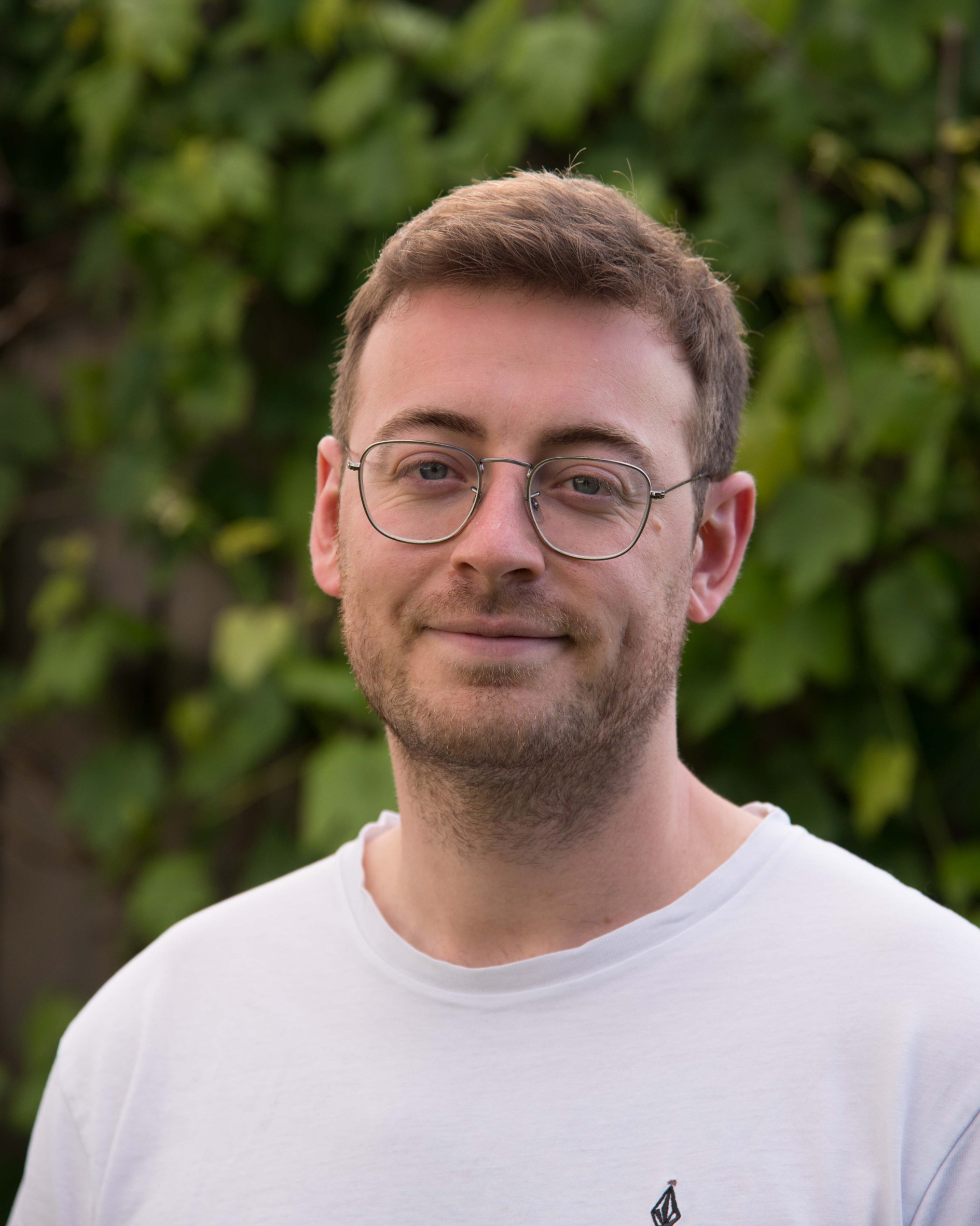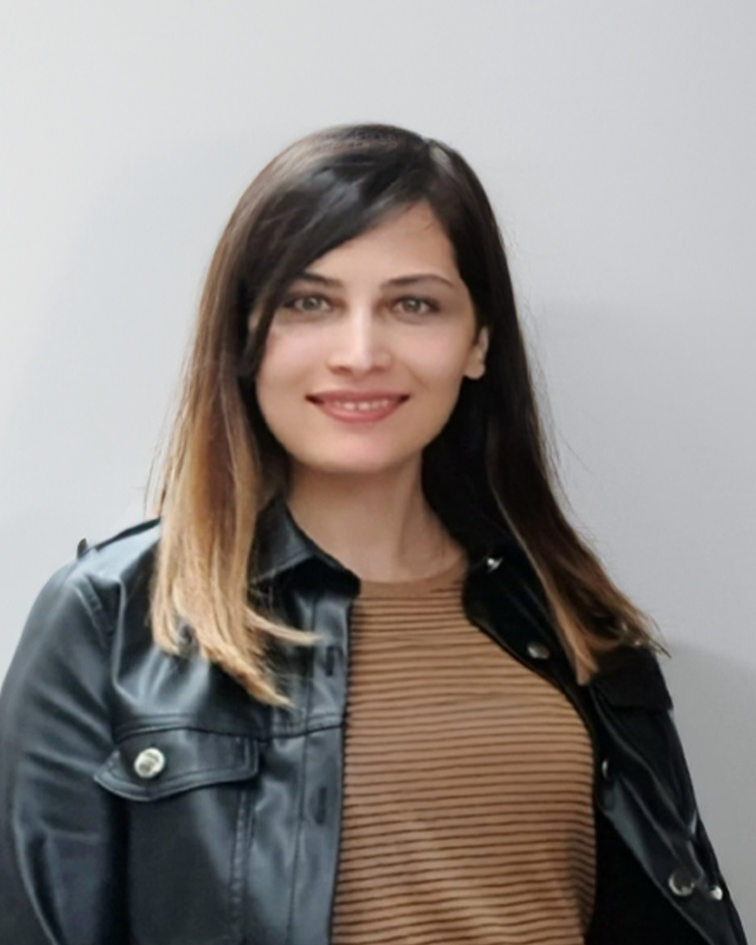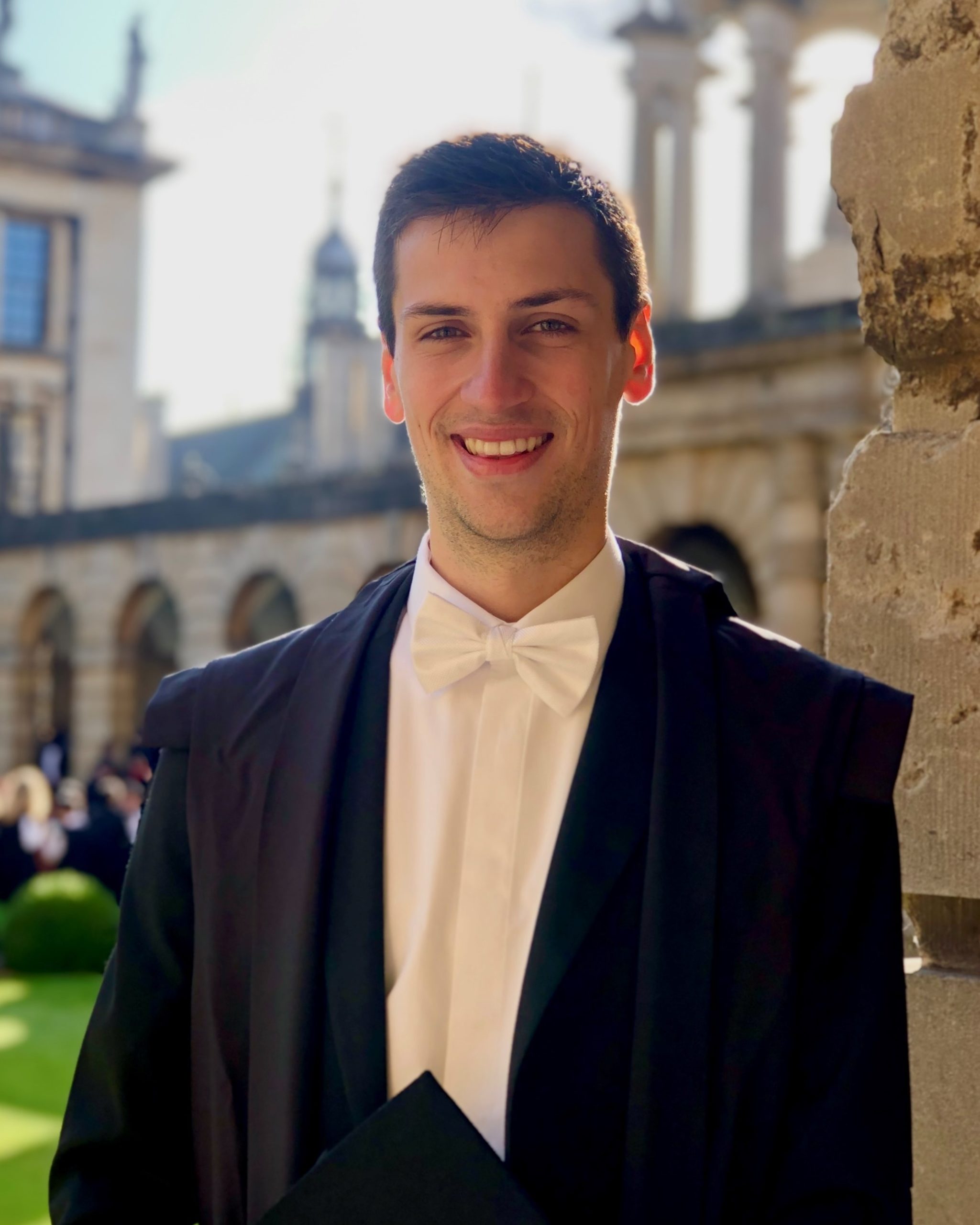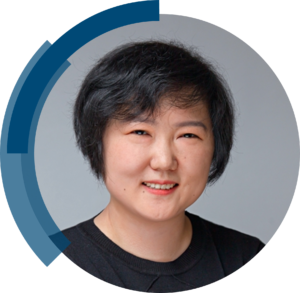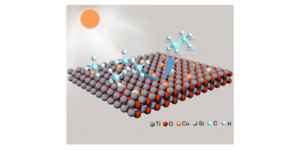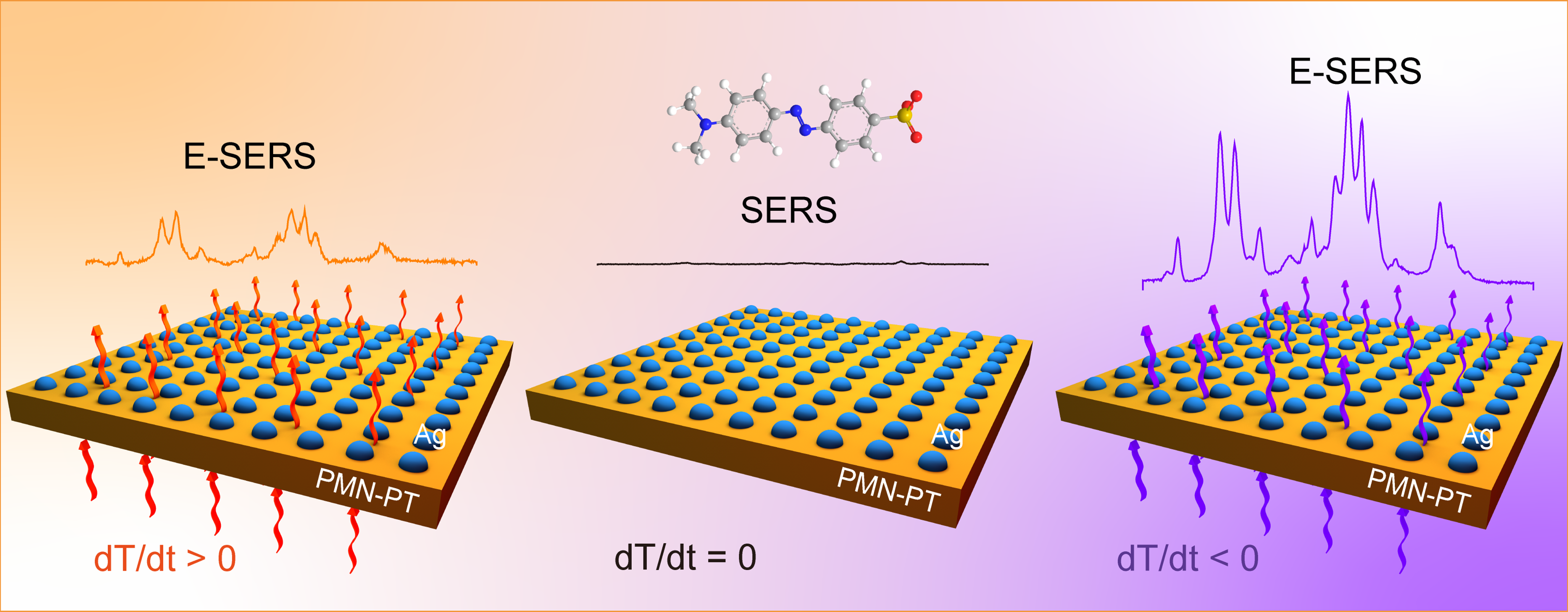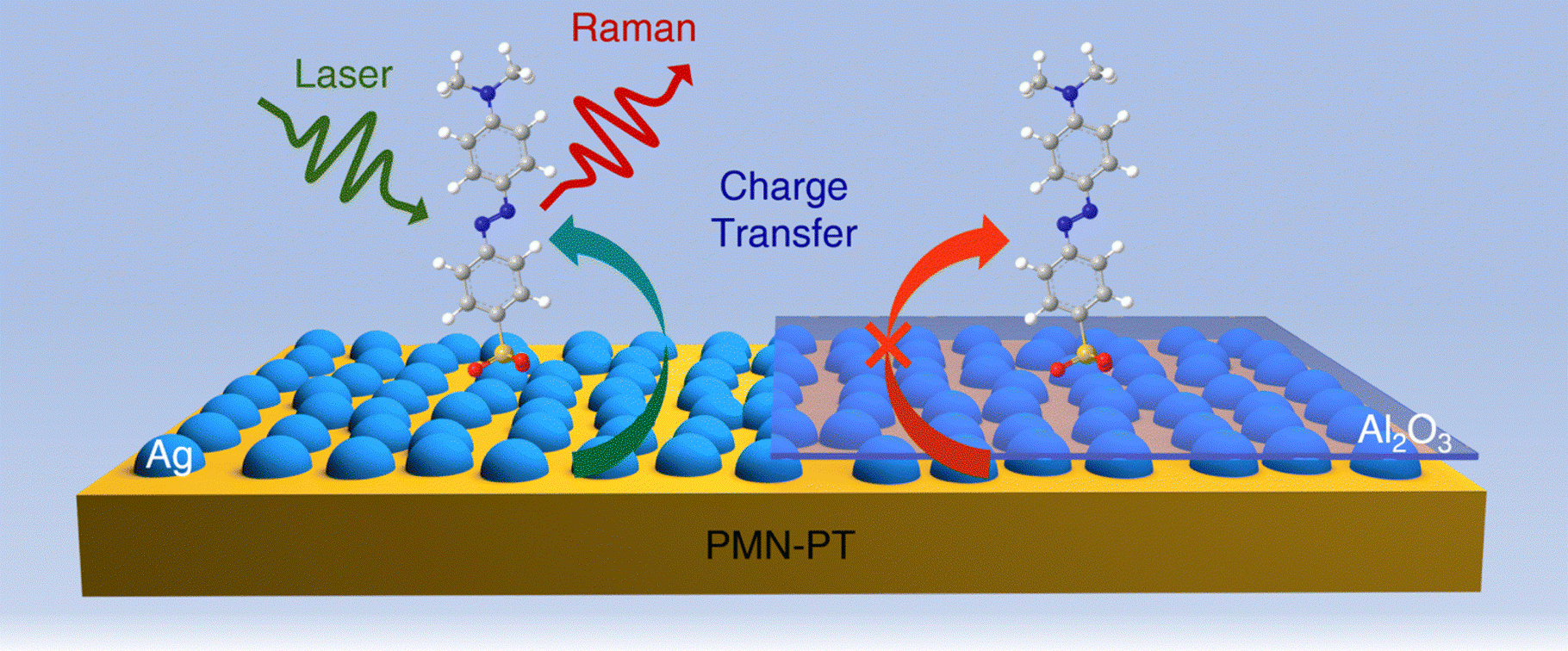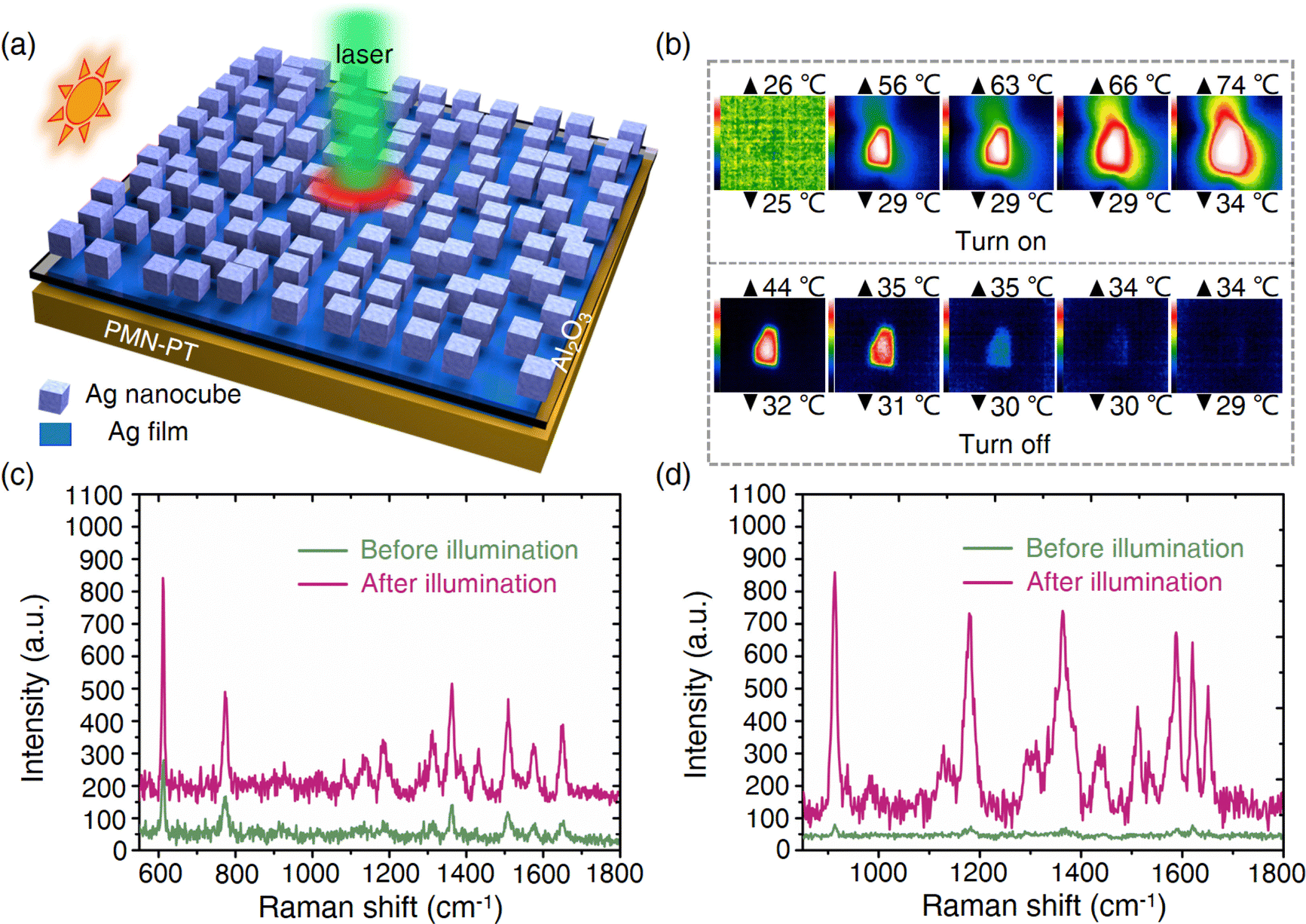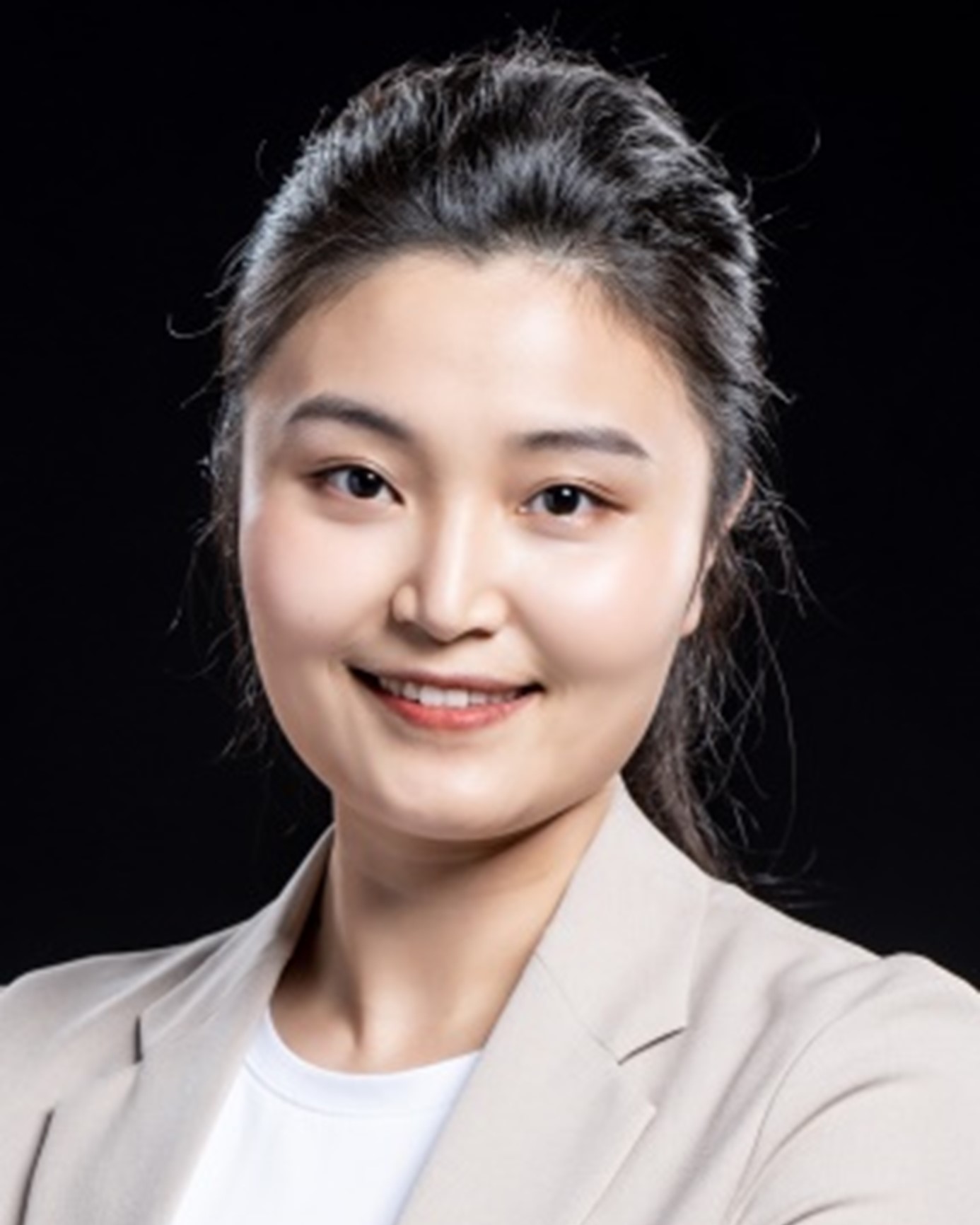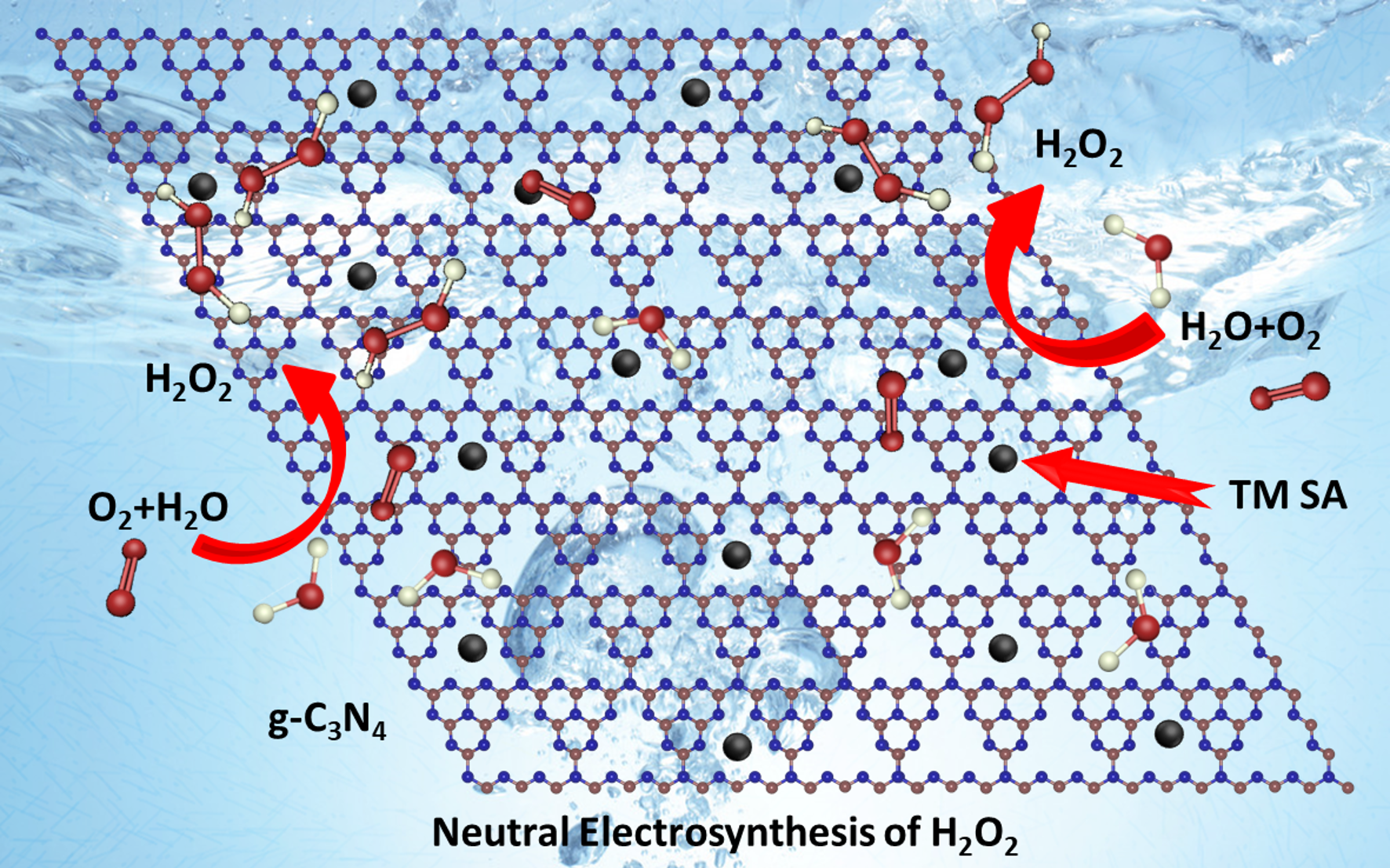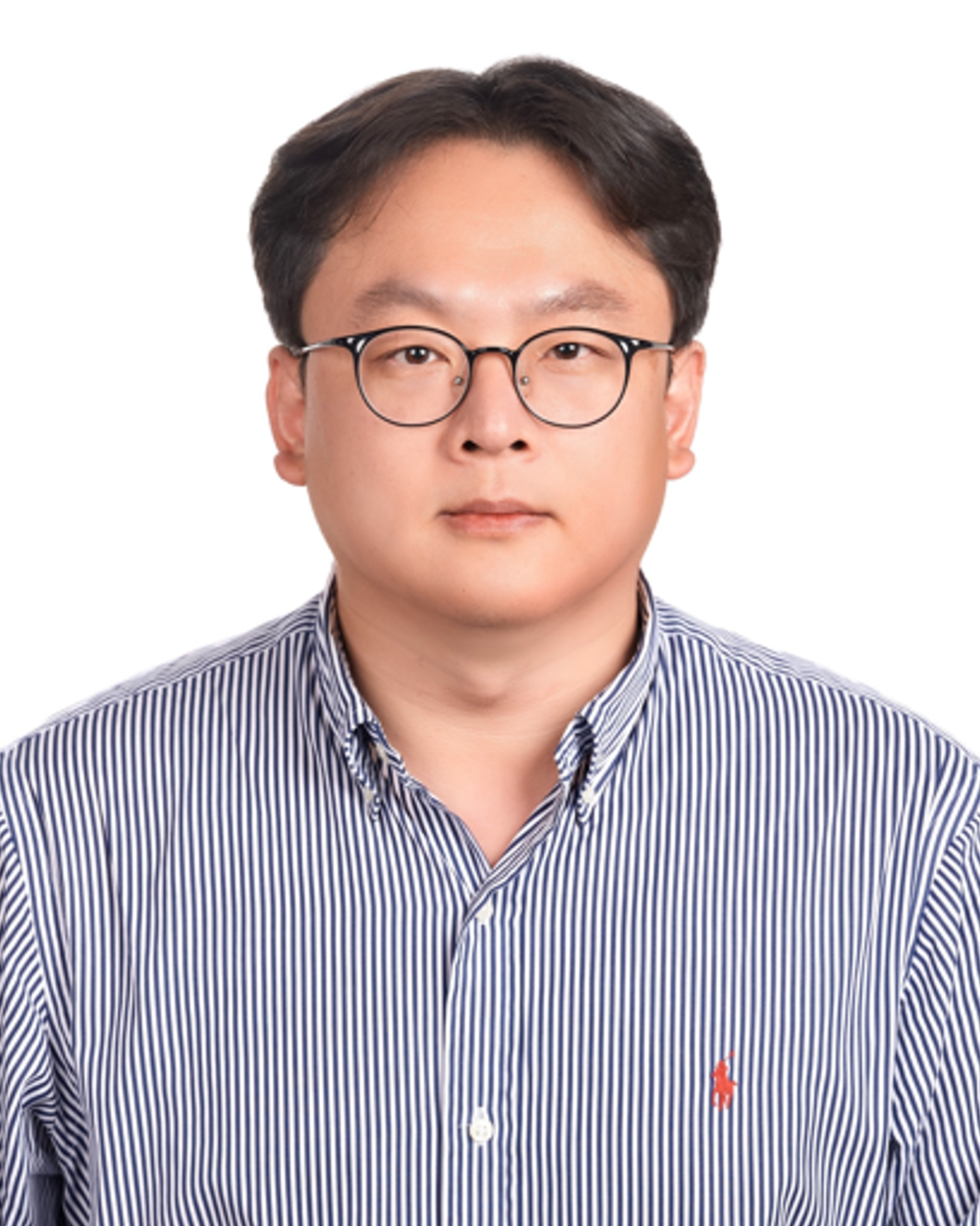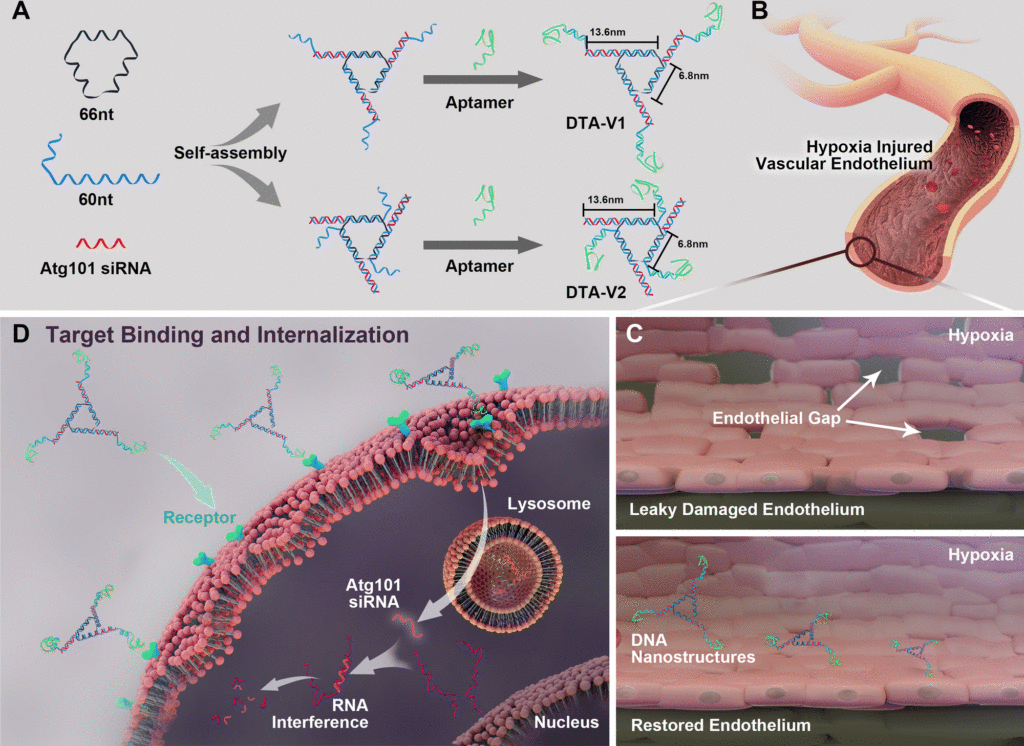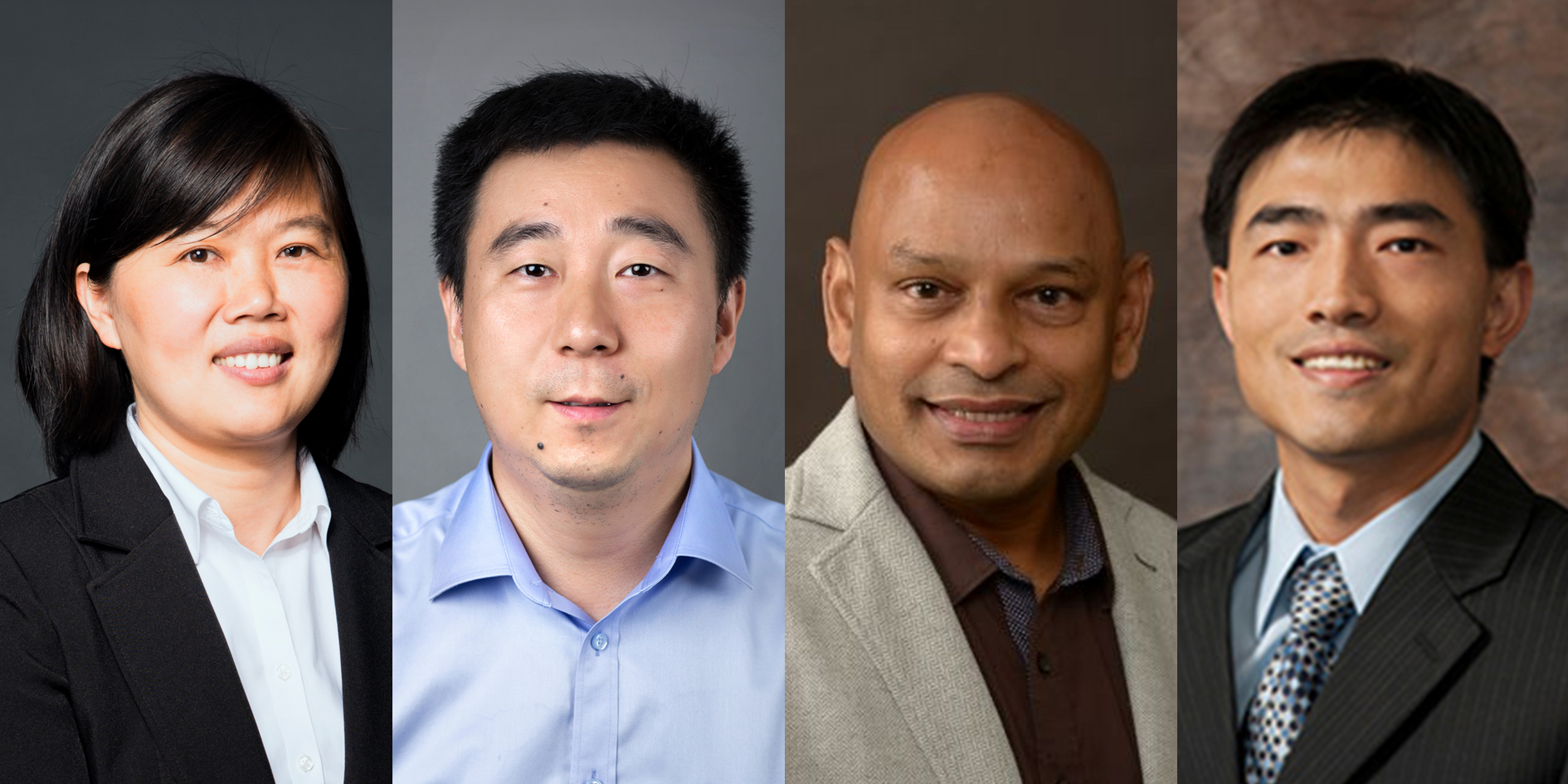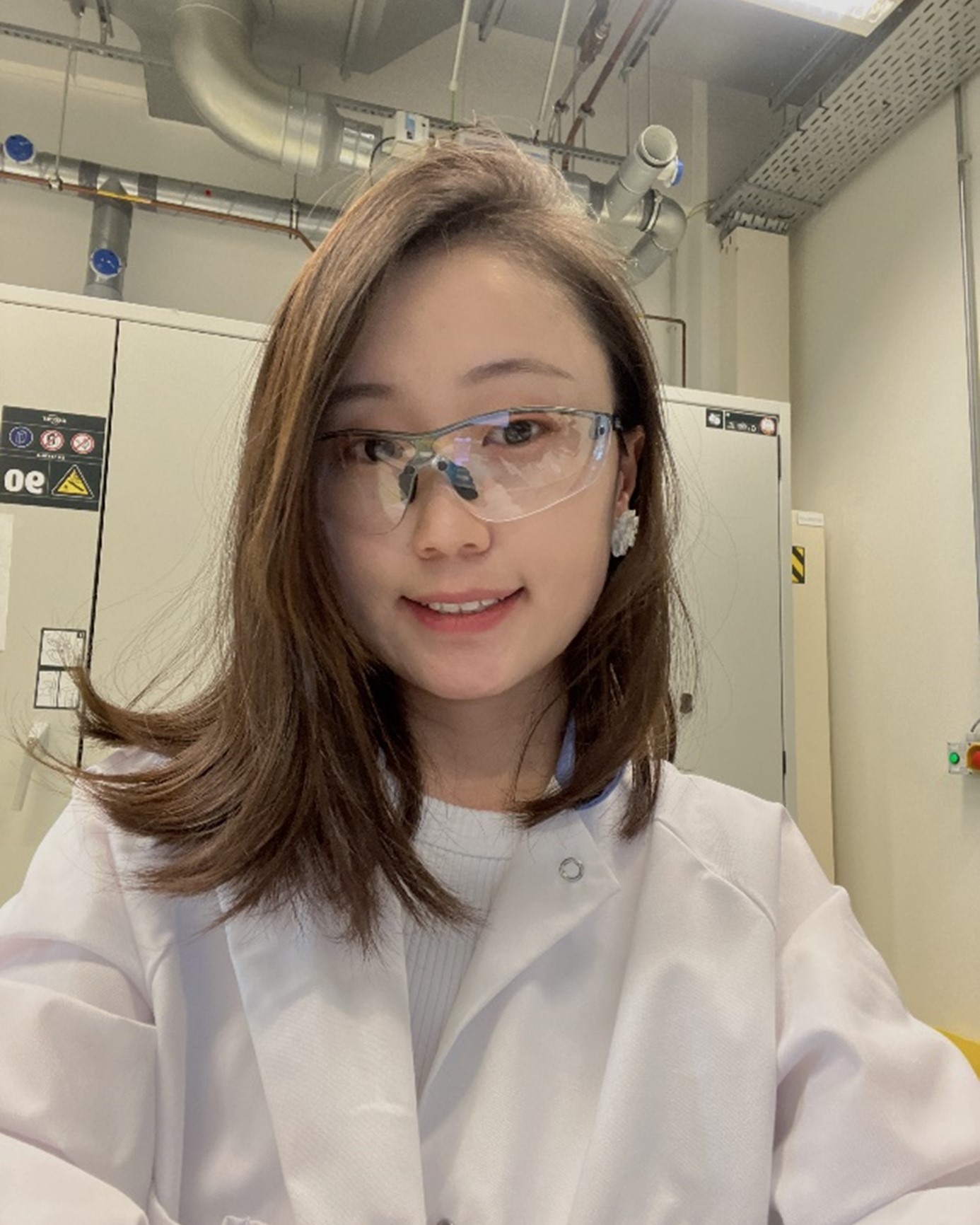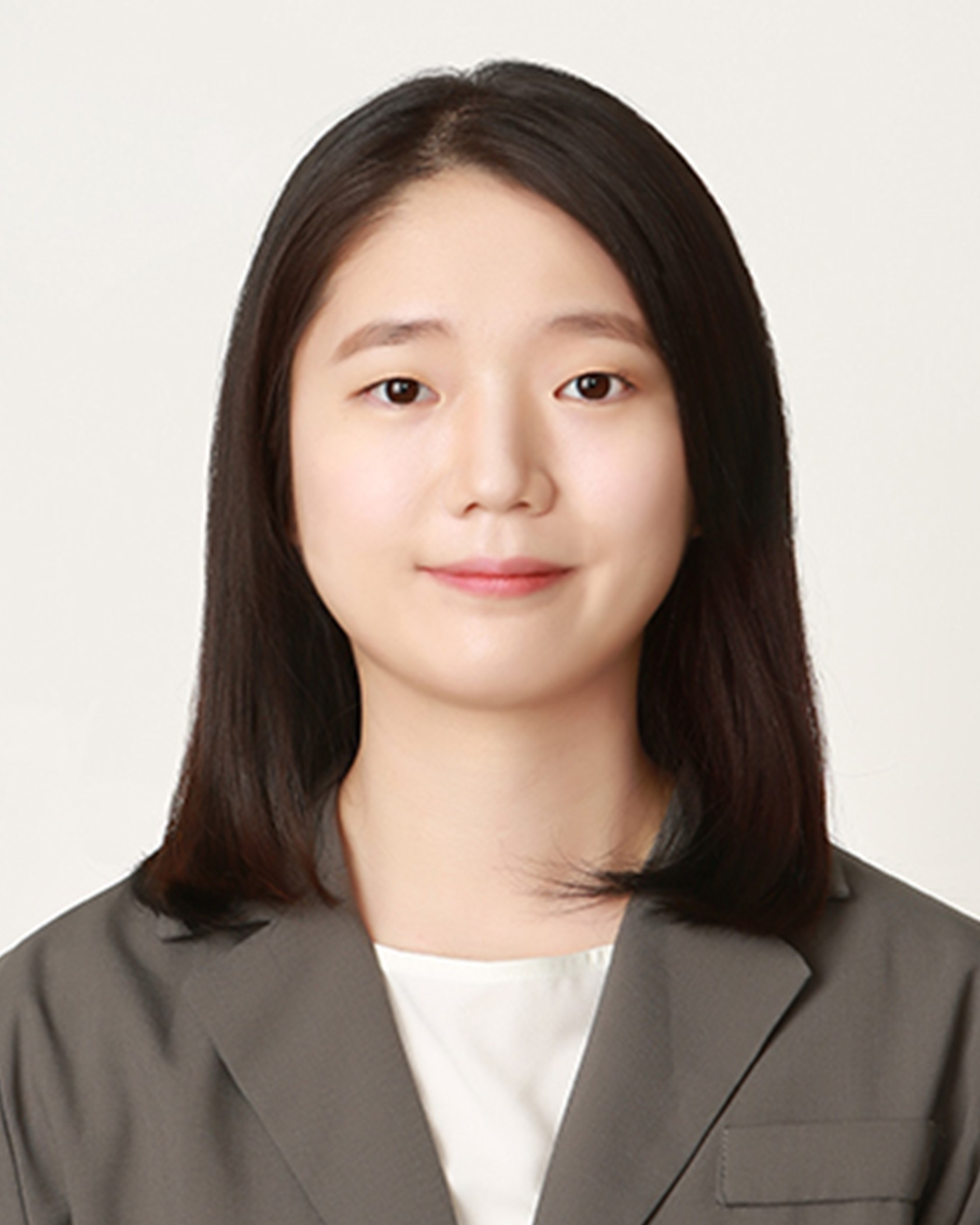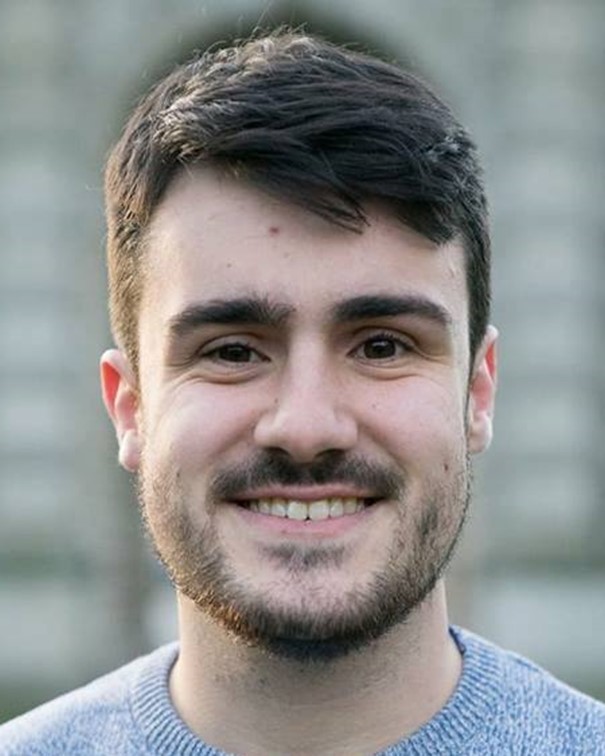Call For Papers: Memristors and Neuromorphic Systems
Submit your latest work to Nanoscale Horizons and Materials Horizons now!
We are delighted to announce an open call for submissions to our Nanoscale Horizons and Materials Horizons cross-journal themed collection on Memristors and Neuromorphic Systems, guest edited by Professor Xiaodong Chen (Nanyang Technological University, Singapore), Professor Cheol Seong Hwang (Seoul National University, South Korea), Professor Francesca Santoro (Forschungszentrum Jülich, Germany) and Professor Yoeri Van de Burgt (Eindhoven University of Technology, The Netherlands).
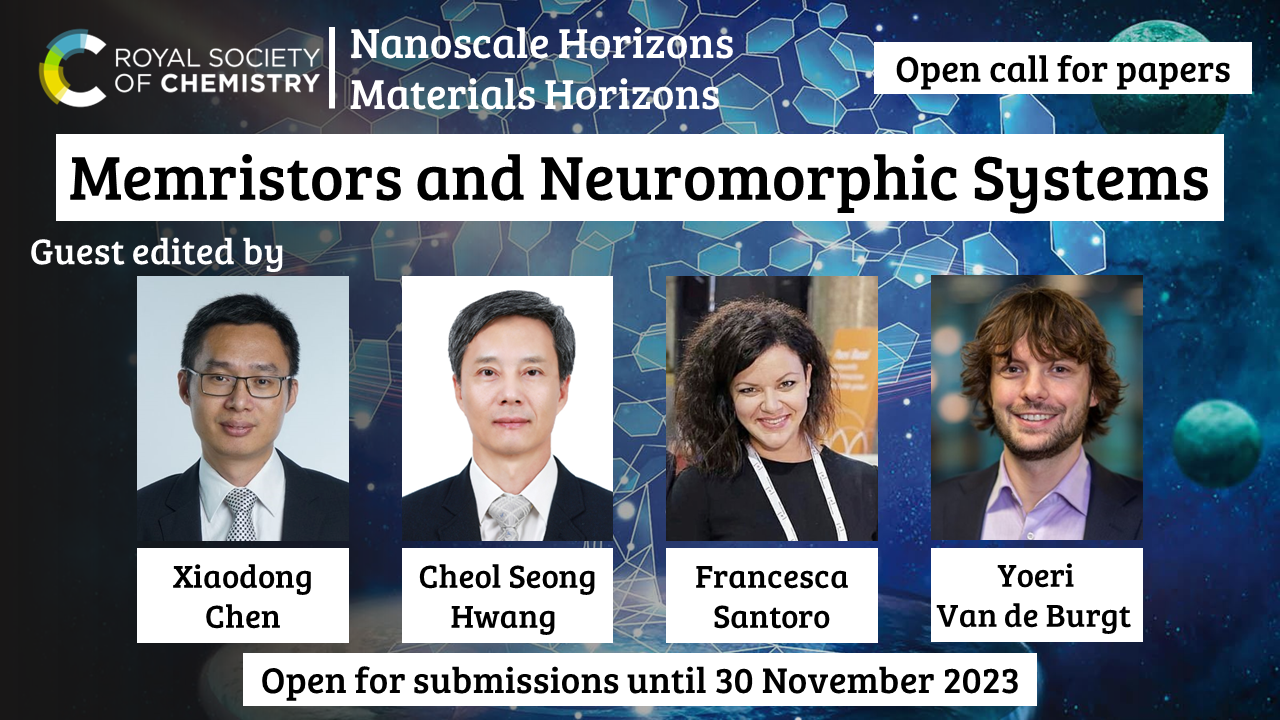
The research field dedicated to mimicking the brain is called neuromorphic engineering, and covers a wide range of disciplines, including electrical engineering, computing, materials science, chemistry, physics, and even psychology. Yet, conventional CMOS-based hardwares are based on the von-Neumann architecture which operates sequentially (instead of in parallel) shuffling data back and forth between processing and memory, and thus barely fulfil the low-energy requirements for neuromorphic engineering. Memristors, which can be synaptic, neural, or even a combination of both, offer a potential solution and as such have been the focus of enhanced research efforts. In addition to their low-energy cost requirements, new materials properties employed by memristors may lead to new algorithms or help solve conventionally challenging tasks, such as NP-hard problems.
This themed collection in Materials Horizons and Nanoscale Horizons aims to report the latest developments in memristive materials. Exploring their fabrication, characterization, circuit design, and performance for applications in the future of neuromorphics. Collaborative work between diverse fields is especially encouraged.
This call for papers is open for original research articles only. Please note that primary research is accepted in the form of Communications for both journals and require a ‘New Concepts statement’ to help ascertain the significance of the research. General guidance and examples can be found here.
Open for submissions until 30 November 2023
If you wish to contribute, please submit your manuscript directly to the submissions platform through the Nanoscale Horizons submission system or the Materials Horizons submission system. Please mention that this submission is a contribution to the Memristors and Neuromorphic Systems collection in the “Themed issues” section of the submission form and add a “Note to the Editor” that this is from the Open Call. The Editorial Office reserves the right to check suitability of submissions in relation to the scope of both the journal and the collection, and inclusion of accepted articles in the final themed issue is not guaranteed.
Please also note that all submissions will undergo the normal peer review processes including an initial assessment prior to peer review, and that peer review and acceptance are not guaranteed.
We sincerely hope that you will be able to submit some of your latest work to this themed collection. If you have any questions, please contact the Editorial Office.
With best wishes,
Professor Xiaodong Chen (Nanyang Technological University, Singapore)
Professor Cheol Seong Hwang (Seoul National University, South Korea)
Professor Francesca Santoro (Forschungszentrum Jülich, Germany)
Professor Yoeri Van de Burgt (Eindhoven University of Technology, The Netherlands)











